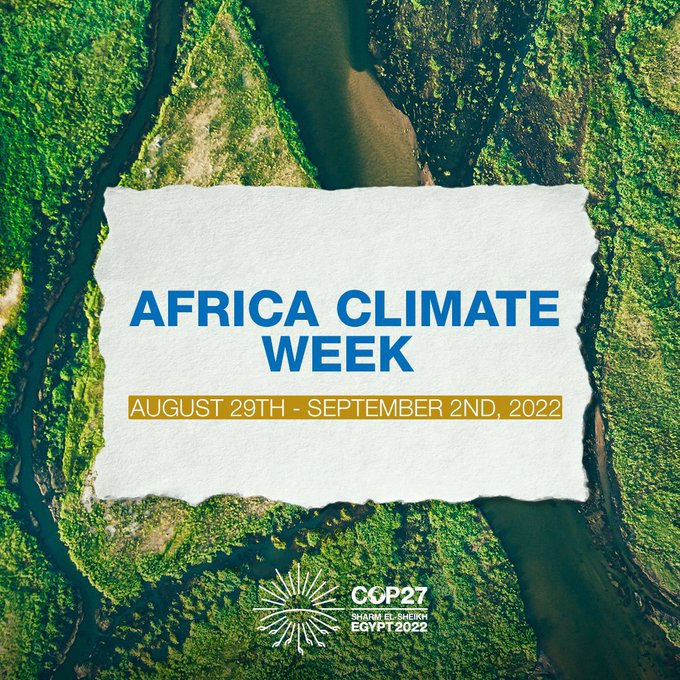|
Getting your Trinity Audio player ready…
|
By Masutane Modjadji
As we commemorate Africa Climate Week, the Southern Africa Resource Watch (SARW) affirms that the energy transition from fossil fuels to renewable energy is inevitable. The energy transition in Africa must respond to the continent’s realities. A just energy transition in Africa must be people-centred. We firmly oppose the imposition of commitments and solutions towards energy transition on communities without their full participation. Communities must comprehend the effects of how fossil fuels threaten their future, whilst also understanding the socio-economic implications of switching towards green energy.
Climate change is undeniably the continent’s biggest challenge. There are fears that rural communities, especially rural women, could be further excluded from accessing clean energy if they are not fully included in the discussion to find solutions to the climate change crisis. For a just transition to happen, the voices of rural communities, which are the most exposed to the impact of climate change, must be heard and included in decision-making. However, little is being done to prepare and educate communities that rely on fossil fuel value chains, such as in South Africa, about the impending abandonment of coal as a source of energy and employment.
The objectives of Africa Climate Week 2022, currently underway, include exploring resilience to climate risks; transitioning to a low-emission economy; and forming partnerships to address pressing challenges. To achieve these objectives, we seek to remind governments that a just transition will not be possible without the meaningful participation of informed rural communities around the continent in the ongoing discussions at national, continental and international levels. These communities have no access to energy currently; the energy transition provides a unique opportunity for these excluded millions of Africans to have access to electricity and clean cooking energy.
Considering this, SARW is currently carrying out a project in South Africa that aims to give the coal-affected communities in Mpumalanga the tools they need to publicly advocate for their rights and views on climate justice and a just energy transition. This is part of SARW’s mandate to support and build the capacity of communities for self-determination in crucial decisions that affect them. The drive towards a just energy transition cannot just be left to the government alone; it is crucial for community-based activism to mobilize for a radical just transition and to challenge current power relations.
Masutane Modjadji is Southern Africa Resource Watch (SARW) Communications Officer
